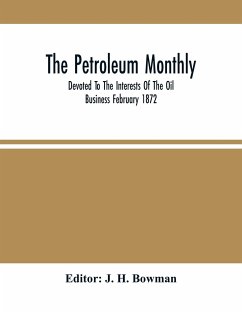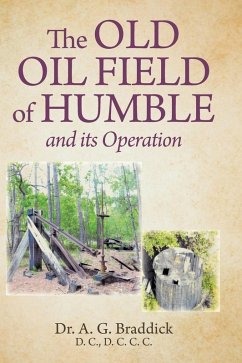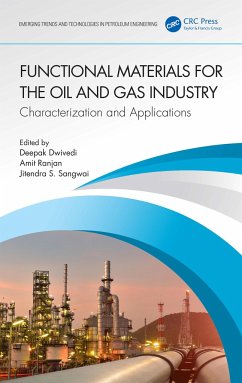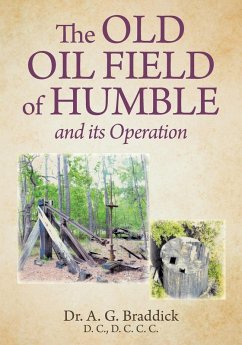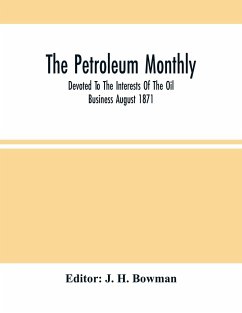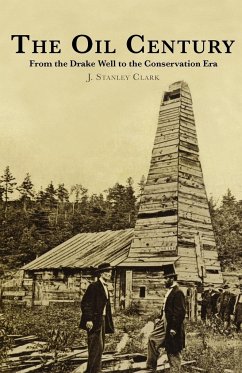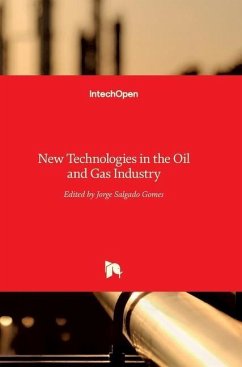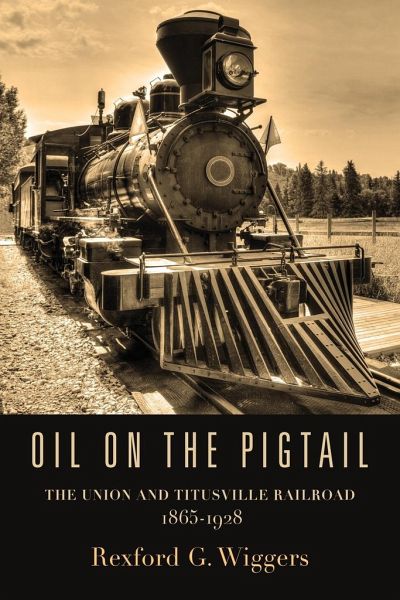
Oil on the Pigtail
The Union and Titusville Railroad 1865-1928
Versandkostenfrei!
Versandfertig in 1-2 Wochen
29,99 €
inkl. MwSt.

PAYBACK Punkte
15 °P sammeln!
Until the fall season of 1859, naturally occurring seeps of crude oil in rural Northwestern Pennsylvania were considered a local oddity. The locals who lived near the seeps would often skim off the oil that collected on the surface of ponds and streams. The skimmed oil was used as a cure-all medicine, as a fuel for torches, or as a crude lubricant for neighborhood sawmill and gristmill machinery. Crude oil in Pennsylvania was seemingly destined to remain a local oddity that added a few supplemental dollars to the income of the region's farmers. Then, on August 27, 1859, a single well bored to ...
Until the fall season of 1859, naturally occurring seeps of crude oil in rural Northwestern Pennsylvania were considered a local oddity. The locals who lived near the seeps would often skim off the oil that collected on the surface of ponds and streams. The skimmed oil was used as a cure-all medicine, as a fuel for torches, or as a crude lubricant for neighborhood sawmill and gristmill machinery. Crude oil in Pennsylvania was seemingly destined to remain a local oddity that added a few supplemental dollars to the income of the region's farmers. Then, on August 27, 1859, a single well bored to a depth of 69 ¿ feet fostered a new American industry in the sleepy backwoods region of northwestern Pennsylvania. By the end of 1860, thousands of barrels of the suddenly valuable "local oddity" had been extracted from a creek valley south of a hamlet called Titusville. Thus began Pennsylvania's first oil boom that many called, "Oildorado." From the riches of Oildorado sprang an unlikely transport route: a 25-mile shortline railroad called the Union and Titusville-nicknamed "the Pigtail" for its many twists and turns. Started in 1865 and completed in 1871 at a cost of $700,000 ($15,350,578 in today's money), it took a host of investors, a Civil War hero, and an infamous Robber Baron to build the rail line to export Pennsylvania's petroleum and related products from Northwestern Pennsylvania's "Oil Regions" to mainline railways.






